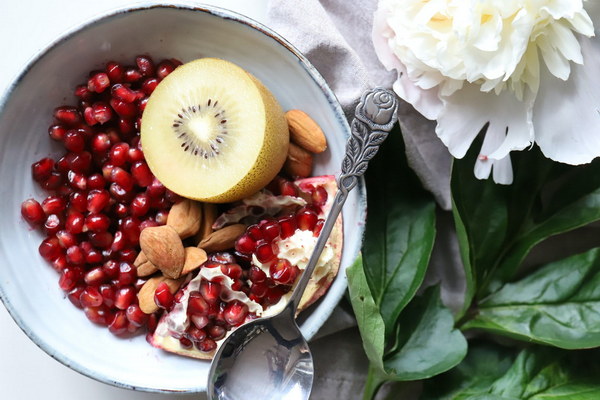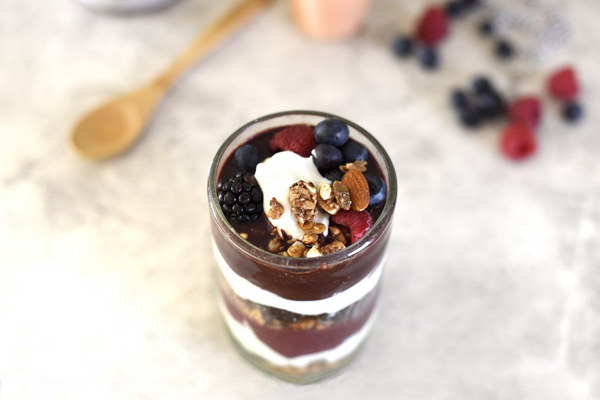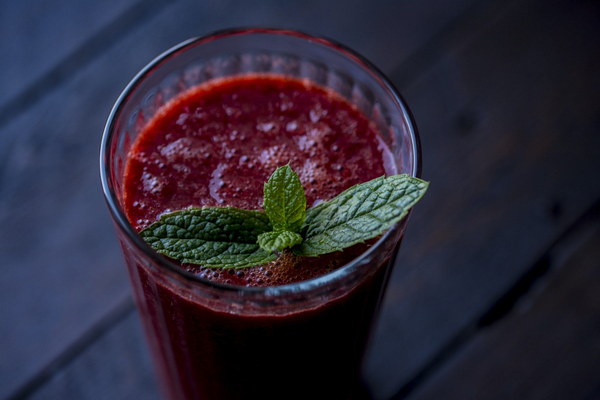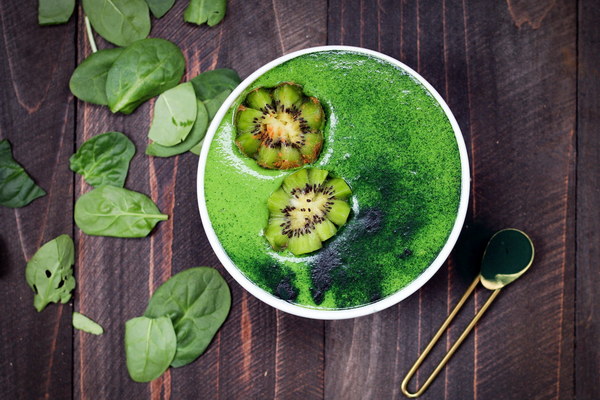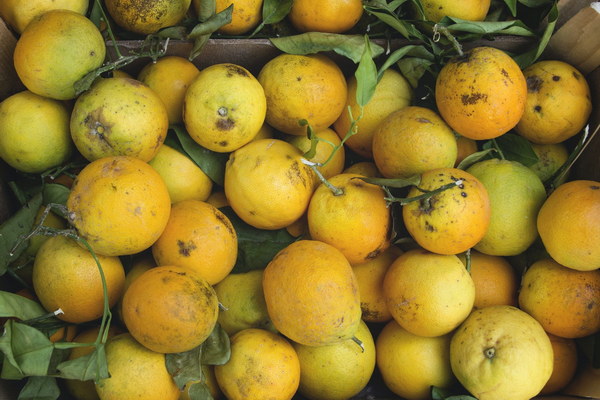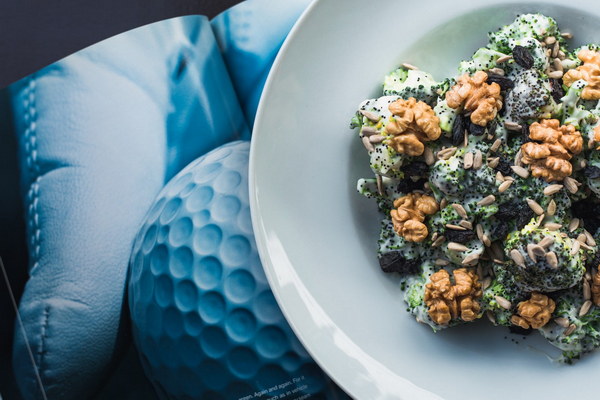Unlocking Vitality How Tongue Coating Aids in Nourishing Qi and Blood
In the realm of traditional Chinese medicine (TCM), the tongue is considered a mirror reflecting the state of one's health. The presence of a tongue coating is often a sign of internal imbalances, particularly related to the body's energy, or Qi, and blood. This article delves into the concept of tongue coating and how it can be addressed to nourish Qi and blood, thus promoting overall well-being.
Understanding Tongue Coating
Tongue coating, or tongue fur, refers to the white or yellowish film that can cover the tongue's surface. It is believed in TCM that the tongue coating is a manifestation of toxins, dampness, or heat within the body. The coating can vary in thickness, color, and consistency, each indicating different imbalances and health issues.
In TCM, the tongue coating is analyzed by the practitioner to determine the root cause of the imbalance and to tailor the treatment accordingly. A thin, white coating may indicate a mild condition, such as a cold or a slight dampness, while a thick, yellow coating may suggest a more severe imbalance, such as heat or damp-heat.
The Importance of Nourishing Qi and Blood
In TCM, Qi and blood are fundamental to the body's health. Qi is the vital life force that animates the body and maintains its functions, while blood provides the nutrients and oxygen necessary for cells to thrive.
When Qi and blood are deficient or imbalanced, various symptoms can arise, including fatigue, weakness, poor concentration, and even chronic diseases. Therefore, nourishing Qi and blood is a crucial aspect of TCM treatment, aiming to restore the body's balance and promote healing.
Addressing Tongue Coating to Nourish Qi and Blood
To address tongue coating and nourish Qi and blood, TCM practitioners may employ a variety of treatment modalities, including herbal medicine, dietary adjustments, and lifestyle changes. Here are some common strategies:
1. Herbal Medicine: TCM herbal formulas are designed to target specific imbalances in the body. For tongue coating, herbs such as Astragalus, Codonopsis, and Ginseng are often used to tonify Qi, while herbs like Angelica, Cinnamon, and Peony are used to nourish blood.
2. Dietary Adjustments: The diet plays a significant role in the balance of Qi and blood. Foods rich in iron, vitamins, and minerals, such as leafy greens, nuts, and legumes, can help nourish blood. On the other hand, reducing the intake of cold, raw, and dampening foods can help alleviate tongue coating and dampness.

3. Lifestyle Changes: Adequate sleep, stress management, and regular exercise are essential for maintaining a healthy Qi and blood. In TCM, these lifestyle factors are closely linked to the body's energy balance and can significantly impact tongue coating.
4. Acupuncture and Moxibustion: These therapeutic techniques involve inserting fine needles into specific points on the body or burning moxa (a substance derived from dried mugwort) near the skin. Acupuncture and moxibustion can help to unblock energy pathways and restore Qi and blood flow, thereby reducing tongue coating.
5. Tongue Scraping: This simple yet effective technique involves gently scraping the tongue with a specialized tool to remove the coating. Tongue scraping is believed to improve the tongue's ability to reflect the body's condition and can be an important step in addressing tongue coating.
Conclusion
Tongue coating in TCM is a sign of internal imbalances, particularly related to Qi and blood. By addressing tongue coating through a combination of herbal medicine, dietary adjustments, lifestyle changes, and other TCM treatments, individuals can nourish their Qi and blood, promoting overall health and vitality. While TCM offers a holistic approach to wellness, it is always advisable to consult with a qualified practitioner for personalized advice and treatment.

